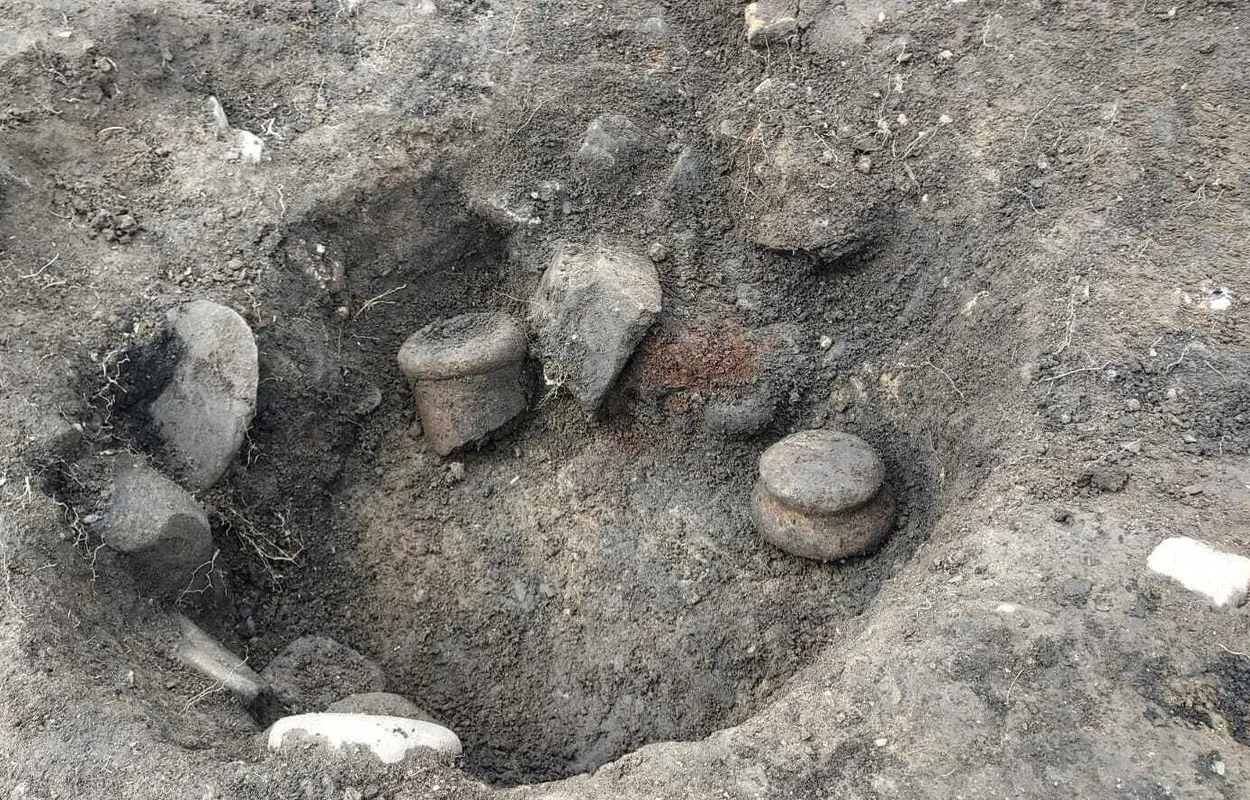Archaeologists have made an unprecedented Roman discovery during excavations at Drumanagh in north Dublin.
Located on a coastal headland, Drumanagh is an Iron Age promontory fort with trace evidence of Roman activity.
It is speculated that the fort was a bridgehead for campaigning in Hiberno (Ireland), but it is more likely a major trading post for commercial activities between the Romans and local population.
In a recent excavation, archaeologists discovered an intact Roman pot, the first example unearthed in Ireland. The pot was found upside-down next to a large sherd fragment of an amphora.
Christine Baker, the heritage officer and archaeologist from Fingal County Council, said: “We’re breathless with the sheer excitement of it all. We have found five or six different types of Roman artefacts here, including the neck of an amphora. But nobody has ever seen a pot like this before in Ireland.”
Excavations at Drumanagh have been held annually for the past five years, where archaeologists have previously unearthed numerous imported goods, such as spelt bread, olive oil, glassware, ceramic vessels, jewellery, and glass beads.
This season also saw the discovery of bone combs, dice made from antler, glass beads, and gaming pieces.
According to Fingal County Council, the intact pot is considered a nationally important artefact and has been sent to be housed at the National Museum of Ireland.
The vessel will be carefully cleaned, conserved, and examined, while specialists will analyse soil clinging to the pot for potential traces of organic material.
Header Image Credit : Christine Baker
Sources : Fingal County Council





